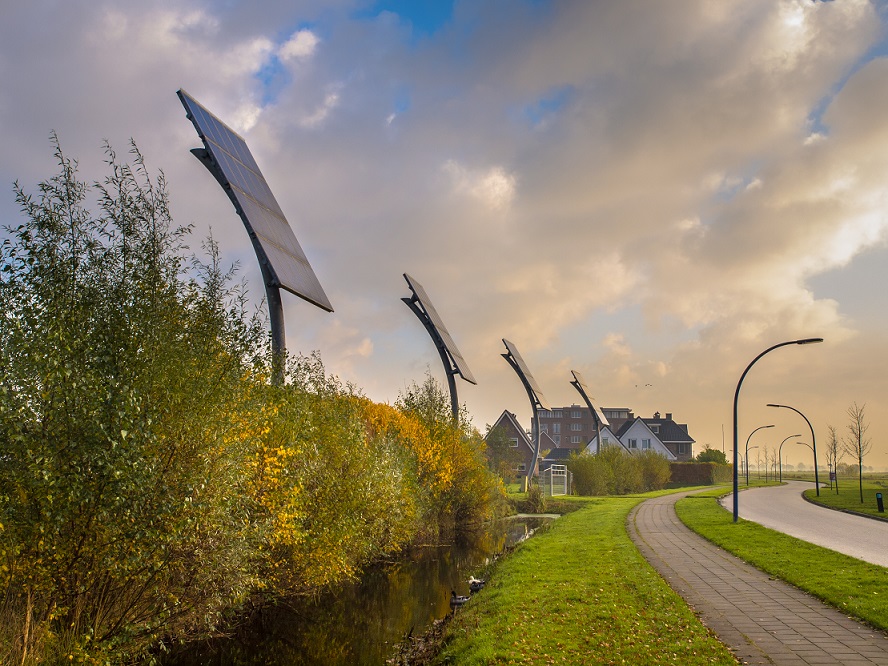
With the UK Labour party, Scottish National Party (and Government), and Plaid Cymru all proposing creation of publicly owned energy companies (POECs), this two-day workshop at the Edinburgh Centre for Carbon Innovation responded to the re-emerging European debate about public and private sectors roles in the economy.
A group of 40 academics and practitioners came together and discussed the evidence and arguments for and against public ownership of energy networks, power generation, gas supply, energy retailing and energy services. Energy systems and clean energy are fundamental to economy and society, but there are questions about whether ownership matters to performance, costs, efficiency and carbon intensity.
In Germany many, but not all, municipalities are bringing energy networks back into public ownership, with envisaged public benefits from control over types of investment, pricing and revenues. In Denmark the relation between commercial operation of municipal energy companies and the political objectives of their owners are debated and contested. UK opinion surveys find majority support for public ownership, but what should the objectives and business structures of any public enterprises be?
The organisers have now published a report which reflects on workshop themes and provides insight into the challenges and issues of public ownership. It does not draw conclusions about the desirability or effectiveness of public ownership as a solution to energy policy objectives. This reflects the diversity of opinion at the workshop, but is also a consequence of high-level features of the debate:
The event was organised by the Heat and the City research team who have been conducting research on Local Authority Engagement in UK Energy Systems as part of UKERC’s Energy Systems at Multiple Scales programme.